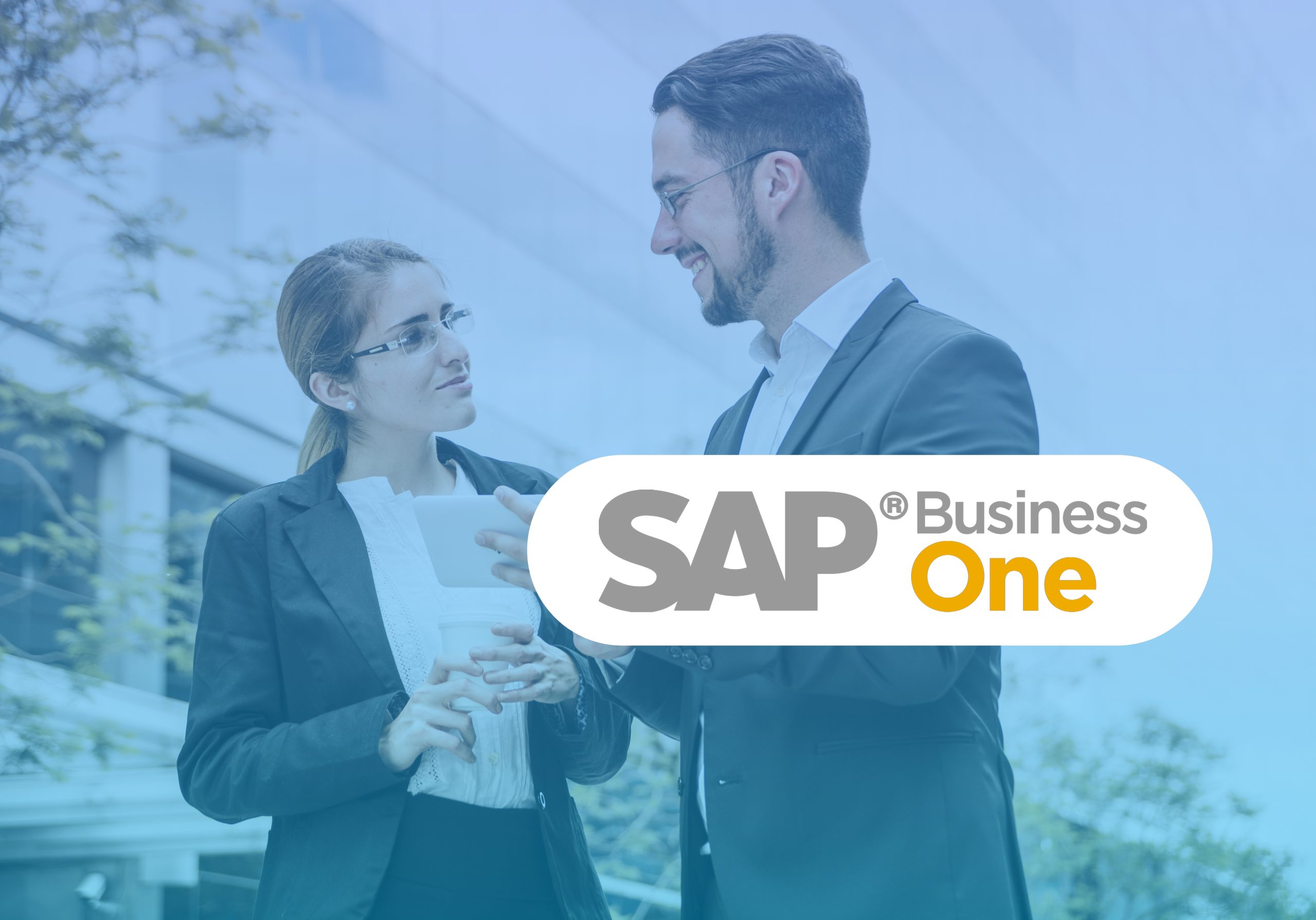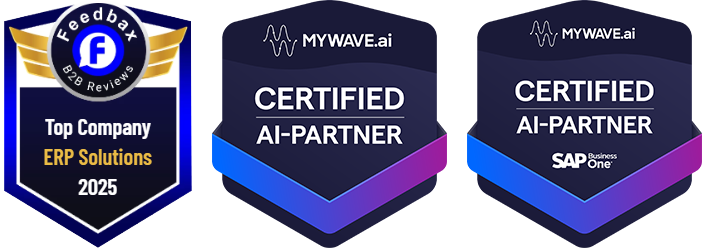
Unlocking the Power of SAP Business One Berlin for Small and Medium Enterprises
Technical Architecture of SAP Business One Berlin
SAP Business One Berlin operates on a robust client-server architecture, ensuring high performance and reliability for business-critical applications. The system is built on a Microsoft SQL Server or SAP HANA database, depending on business needs. The HANA version provides real-time analytics and enhanced processing speeds through its in-memory computing technology, making it ideal for high-demand environments. The application is segmented into three primary layers:- Database Layer: This is the foundation of the ERP system, storing all business-critical information including financial records, inventory data, and customer details.
- Application Layer: This is where the core business logic is processed. It manages operations such as sales orders, financial transactions, and procurement activities.
- Presentation Layer: This is the user interface that enables users to interact with the system through desktop clients, web browsers, or mobile applications.
- Financial Management: Handle all financial transactions seamlessly, including accounts payable, receivable, and general ledger entries. Real-time synchronisation ensures accuracy and compliance.
- Inventory and Distribution: Efficiently manage inventory levels, track stock movements, and optimise supply chain logistics.
- Sales and Customer Management: Automate sales order processing, manage customer interactions, and track sales performance through detailed reports.
- Purchasing and Procurement: Simplify procurement processes with automated purchase orders and real-time vendor communication.
- Business Intelligence (BI): Generate advanced reports with powerful analytics tools that provide insights into business performance.
- Project Management: Plan, execute, and monitor projects with real-time data, ensuring timely delivery and resource optimisation.
- Mobile Access: Access business information on the go with mobile applications, ensuring real-time updates even outside the office.
- On-Premise: Ideal for businesses that want complete control over their data and IT infrastructure. It requires a dedicated server and IT support.
- Cloud-Based: A more scalable and cost-effective option. It reduces upfront IT costs and offers easy scalability.
- Hybrid Deployment: Combines on-premise and cloud benefits, allowing critical operations to be managed in-house while leveraging cloud for scalability.
- Magento & WooCommerce for e-commerce management
- Microsoft Office 365 for productivity and collaboration
- Shopify & BigCommerce for online sales and order management
- SAP Concur for travel and expense management
- Starter Package: €49 per user/month – Ideal for small businesses starting their ERP journey.
- Professional License: €94 per user/month – Full access to all SAP Business One modules.
- Limited License: €54 per user/month – Best for roles focused on specific operations like Financials or Logistics.




 Applicable for Package
Applicable for Package Optional
Optional